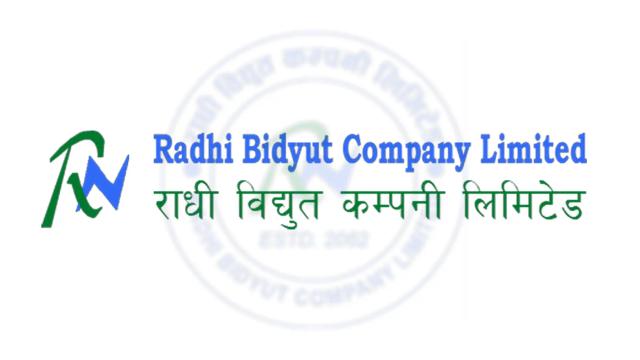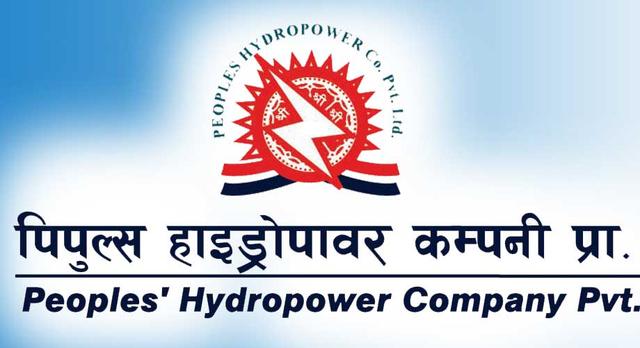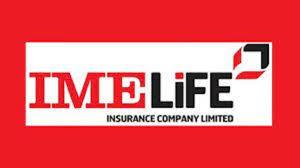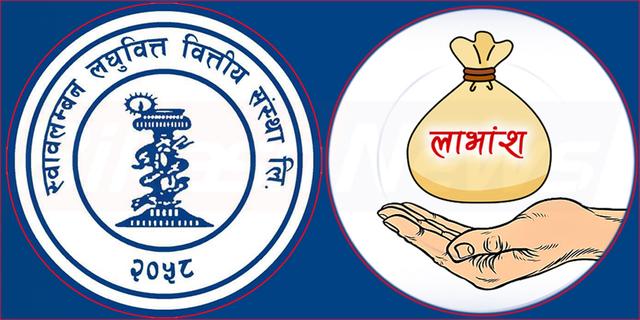Finance Minister Unveils 10 Key Highlights of Budget 2082/83 Through Press Conference
Author
NEPSE trading

The Ministry of Finance held a press conference today to outline the 10 major highlights of the budget for the Fiscal Year 2082/83. Deputy Prime Minister and Finance Minister Bishnu Prasad Paudel, who presented the budget in Parliament on Thursday, used the event to further clarify and elaborate on the new fiscal plan.
The government has announced a total budget of Rs. 1.96411 trillion, which is 5.58% higher than the current fiscal year’s allocation and 18.2% more than the revised budget. In comparison, the ongoing fiscal year’s budget was Rs. 1.86030 trillion.
Top 10 Highlights of the Budget:
1. Budget Size and Allocation Strategy
Realistic estimation of revenue and expenditure.
Increased allocation for capital expenditure, controlled current expenditure.
Revenue target set 17% higher than revised estimate.
Internal borrowing proposed Rs. 13 billion lower than the limit set by the Natural Resources and Fiscal Commission (kept at 5.3% of GDP vs 5.5% permissible limit).
2. Policy Reforms and Spending Management
Policy introduced to use alternative development financing.
Reforms in project management and procurement to boost capital expenditure.
Projects above Rs. 250 million to be monitored via a national dashboard.
Current expenditure to be kept in check through frugality measures.
Social security, health insurance, and national ID integration enhanced for service delivery.
Land-use simplification in forest areas.
Foreign investment promotion through policy upgrades.
3. Health Risk Tax Expansion
Excise tax extended to products like tobacco, khaini, gutkha, paan masala, flavored areca nut, mouth fresheners, and hookah flavors.
Luxury tax introduced on gold and gold jewelry (previous threshold of Rs. 1 million removed).
4. Value Added Tax (VAT)
VAT on interbank clearing house transactions removed to encourage digital payments.
5. Excise Duty Revisions
Cement excise duty changed from quantity-based to value-based.
Premium cigarettes taxed at 5%, regular cigarettes at 3%.
6. Income Tax Reforms
Provision to collect advance tax at customs points abolished.
Minimum tax for zero-transaction taxpayers removed.
Hotels, resorts, and IT companies treated as special industries for tax purposes.
Startups exempted from income tax for 5 years now extended to businesses with annual turnover up to Rs. 100 million.
Tax holiday for 5 years for industries involved in EV charging machine production and assembly.
Retirement funds approved by the Inland Revenue Department must now be linked with one of four major public funds.
7. Customs Duty and Import Concessions
Full customs exemption on machinery for green hydrogen, natural and organic fertilizer production.
Only 1% customs duty on imports needed for electric charging machine production, timber seasoning, energy production, and sports.
Alcoholic beverages now taxed based on value rather than uniform quantity-based rate.
8. Tax Amnesty and Relief Provisions
VAT non-filers granted amnesty if they file details and pay due taxes – fines, additional fees, and interest waived.
Same amnesty offered to non-filers under excise duty.
Bank guarantee requirement removed when applying for an EXIM code for import-export businesses.
9. Budget Implementation Plan
Enhance project management capacity.
All government vacancies to be filled by the end of Shrawan (mid-August).
Line ministries to take proactive leadership in policy reform and budget implementation.
Rapid decision-making and inter-agency coordination emphasized.
10. Expected Outcomes
Expansion in economic activity.
Increase in private sector investment.
Growth in employment opportunities.
Timely completion of infrastructure projects.
Estimated 6% economic growth.
The press conference helped clarify the government’s development agenda, which emphasizes infrastructure, fiscal discipline, digital transformation, and social protection. The budget also shows a serious push toward streamlining tax administration and incentivizing private investment and innovation.



